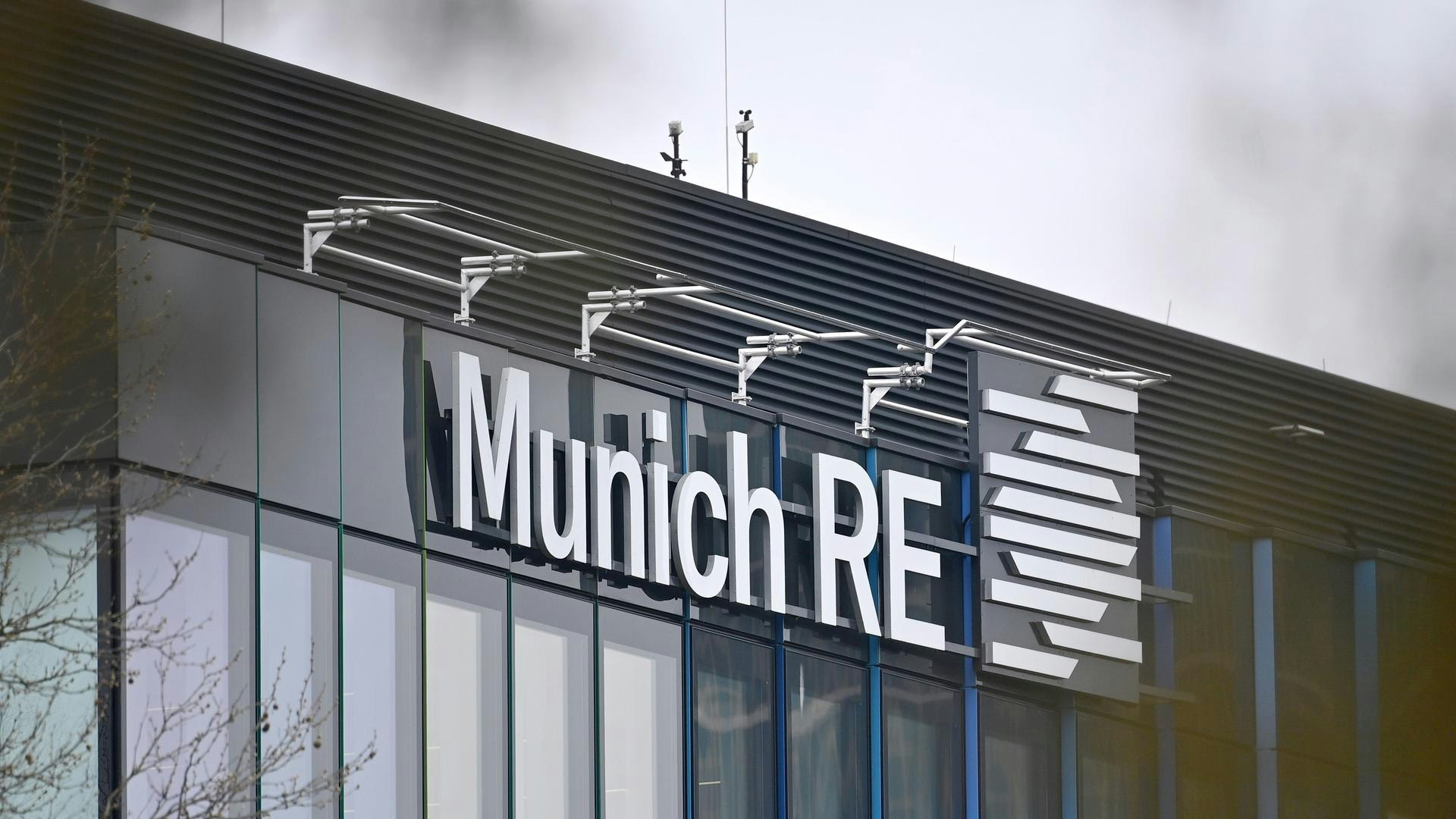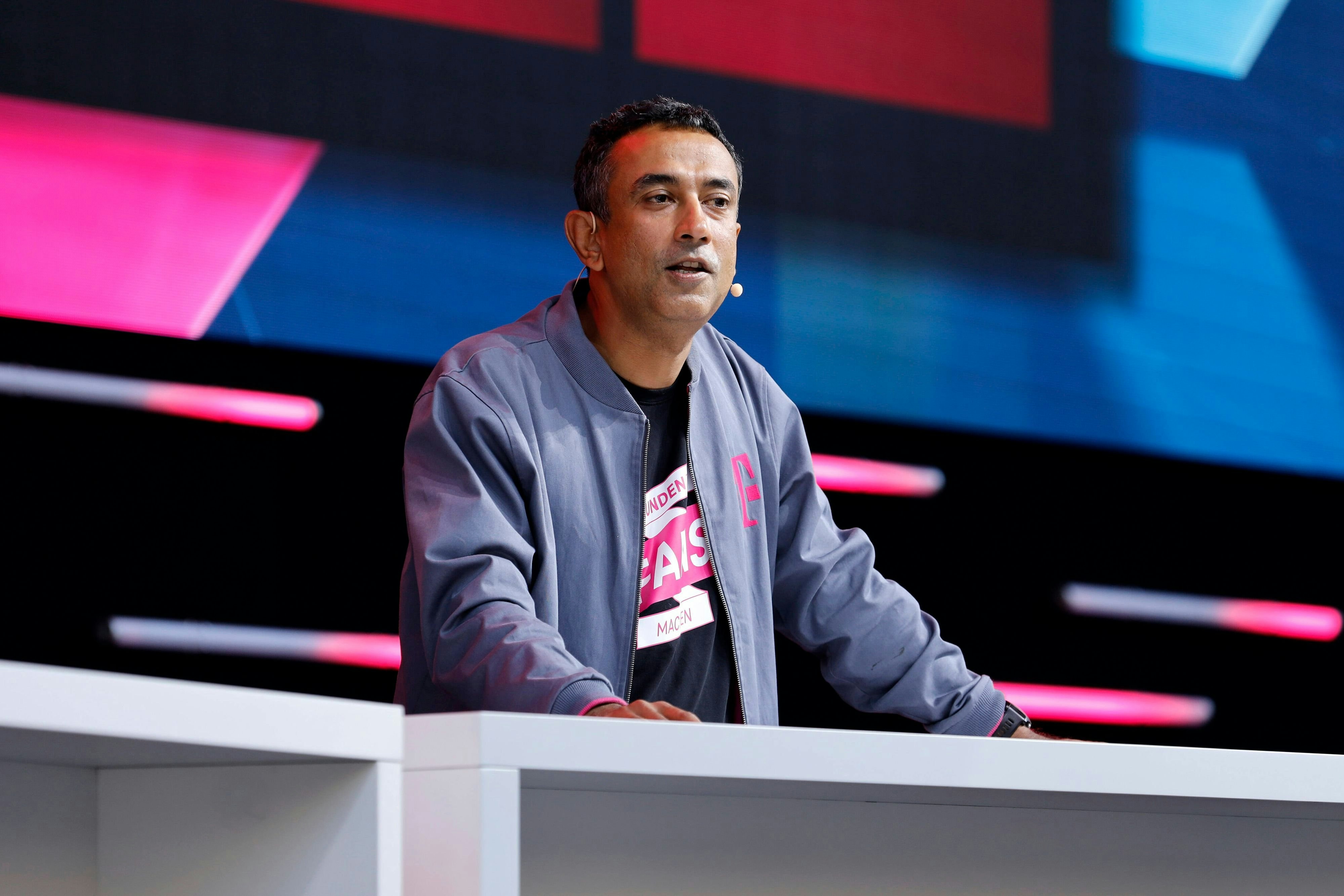Technology
Nvidia to build AI supercomputers in the USA in response to the Trump administration's new tariff policy
Nvidia relocates supercomputer production to the USA – strategic response to potential US tariffs on semiconductor imports.
Nvidia will in the future manufacture its AI supercomputers entirely in the USA. This was announced by the chip manufacturer on Monday – just one day after the Trump administration announced plans to introduce new tariffs on semiconductors and electronic components. The measure is part of a broader industrial policy aimed at technological independence for the USA.
Specifically, Nvidia plans to build a supercomputer factory in Houston in collaboration with Foxconn and another production facility in Dallas with the Taiwanese contract manufacturer Wistron. Overall, the company has already reserved over 1 million square feet of manufacturing space in Arizona and Texas for the production of its new "Blackwell" chips and AI systems. The ramp-up of series production is planned within the next 12 to 15 months.
For the first time, AI data centers are to be fully built in the USA. These systems form the backbone of computing power for applications in the field of artificial intelligence – an area in which Nvidia plays a dominant role worldwide with its GPU technology.
The decision comes at a time of increasing trade tensions. After the introduction of so-called "reciprocal tariffs" on imports from China, the semiconductor industry is now in focus. An official Section 232 investigation by the U.S. Department of Commerce is already underway. Initial tariffs could follow in a few weeks.
Nvidia responds with a strategic realignment. By 2029, the company plans to produce up to 500 billion US dollars in AI infrastructure within the United States. Analysts from Bank of America see this as a clear signal: "The administration increasingly prioritizes technological independence – regardless of traditional trade balance arguments.
The Nvidia stock decreased slightly during the day, although the market largely views the long-term significance of the production shift positively. The immediate price movements reflect more the general weakness in the technology sector than skepticism about the decision.





